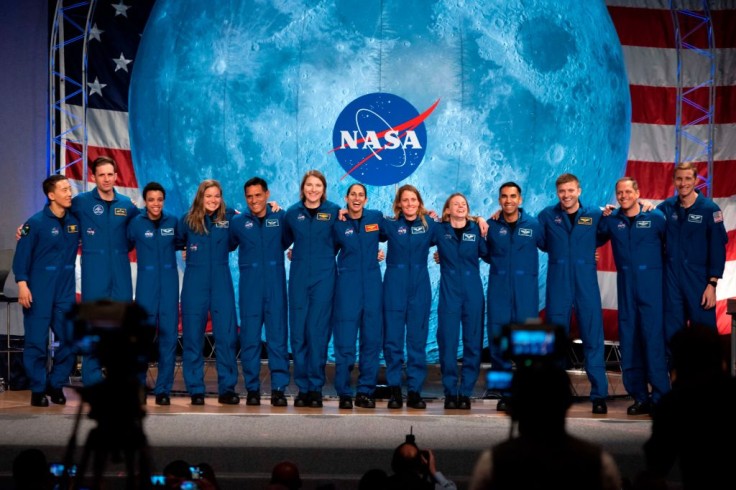
NASA had a successful series of launches this year, merging different fields of sciences.
The space agency has been in the limelight to build rockets, light the fuse, and launch machines and beings into space.
As NASA closes out 2021, both inside and outside the agency are celebrating one of the most successful years for space since the 1960s and 1970s, when it seemed NASA achieved nearly nothing but success.
This is also the year in which space was given the coverage it deserves largely due to the fact that billionaires, such as Elon Musk, Jeff Bezos, and Richard Branson, have expressed interest in space exploration.
Here are several projects NASA successfully launched this year.
The Perseverance Rover
The two-year research exploration of Mars' Jezero Crater by NASA's Perseverance rover commenced early this year, with its aim to analyze the rock and sediment of Jezero's old lakebed and river delta, as well as looking for traces of ancient microbial life.
The first rock core was drilled, retrieved, and sealed into the Perseverance rover's sampling tube. The core is now sealed inside an airtight titanium sample tube and can be retrieved at any time.
The project is the first phase in NASA and ESA plan for a round-trip Mars sample return mission.
NASA and SpaceX To The Moon
Through the spacecraft Artemis, the agency expanded plans to explore more of the moon, promising to send the first woman and person of color to the surface of Earth's satellite.
As reported by SciTech Daily, NASA completed the stacking of its Space Launch System rocket with its Orion spacecraft for the Artemis I mission, which will launch in spring 2022, to pave the path for future lunar trips with humans.
NASA chose SpaceX to continue the development and demonstration of the first commercial human lunar lander, which will safely transport the next astronauts to the lunar surface, among other things.
James Webb Space Telescope
Another spectacular achievement NASA was able to accomplish this year is the launching of the Webb Space telescope.
NASA's James Webb Space Telescope was launched on December 22 on an Ariane 5 rocket launched from Europe's Spaceport in French Guiana, South America, around 10 a.m. EST.
According to The Verge, the Webb observatory is NASA's revolutionary flagship mission to seek light from the first galaxies in the early universe and to explore our own solar system, as well as planets orbiting other stars, known as exoplanets.
It is a joint effort with the European Space Agency (ESA) and the Canadian Space Agency.
The telescope's ground-breaking technology will look into every aspect of cosmic history, from our own solar system to the farthest detectable galaxies in the early cosmos, and everything in between.
The Webb space telescope will make fresh and unexpected findings that will aid humanity in understanding the universe's beginnings and our place within it.
Further Explorations
With the partnership of companies such as SpaceX, Blue Origin, and Virgin Galactic, NASA's research, discoveries and contribution to science will reach far more and can further help humanity.
According to Time, one of NASA's next projects is the The Compton Spectrometer and Imager (COSI) mission, which will track the evolution of the Milky Way galaxy using gamma rays.
In addition, DAVINCI+ (Deep Atmosphere Venus Investigation of Noble Gases, Chemistry, and Imaging) and VERITAS (Venus Emissivity, Radio Science, InSAR, Topography, and Spectroscopy) are two new projects that NASA has picked for development.









